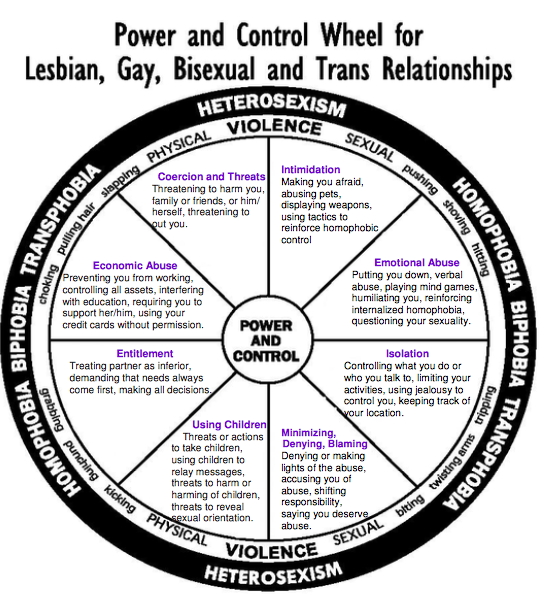RVAM: Self-Guided Learning Week 3 (Oct 19)
Relationship Violence Awareness Month (RVAM) brings people together to create and generate discussion and skill-building on how to prevent relationship violence in our schools, workplaces, and communities. While providing support and care to survivors of relationship violence is an everyday action, this awareness month also carves out intentional moments to honor and believe survivors’ stories and experiences. As we continue this work throughout the pandemic, it is also critical for us to consider how the intersections of covid-19 and social isolation have exacerbated relationship violence over the past several months.
Since most of campus remains learning and working remotely, we won’t be able to physically come together this October to do this critical work in person. The Women’s Center and all of our campus partners including the Office of Equity and Inclusion, University Health Services, the Counseling Center, Green Dot, We Believe You, and Retriever Courage, and more will nonetheless continue to promote awareness and prevention this month.
We are now in week 3 of our learning about relationship violence from different perspectives, and this week is about The Matrix of Oppression. We are focusing on how people at different marginalized intersections experience power-based violence. This round-up features resources for Indigenous survivors, LGBTQIA+ survivors, Women of Color, and Black women.
Please take time to click, read, and learn at your own pace.
The National Indigenous Women’s Resource Center has online resources ranging from brochures to webinars. They even have a webinar on how to safely seek help for survivors with pets.
This presentation on domestic violence from WOC, Inc. pays special attention to the issue within Black/African-American communities, Asian/Pacific Islander communities, Hispanic/Latinx communities, and North American Native communities.
For many survivors, police presence only makes their situation more dangerous and stressful. This is especially true for survivors of color that fear for the life of their abuser. This Huffington Post article provides alternative strategies for bystanders that want to help, but aren’t 100% about dialing 9-1-1.
LGBTQIA+ survivors often have a hard time accessing support when they experience violence due to homophobia, transphobia, and heteronormative beliefs about what abuse looks like. The National Coalition Against Domestic Violence provides stats and framing in this blog post to raise awareness for the gravity of this problem.

Posted: October 21, 2020, 9:58 AM